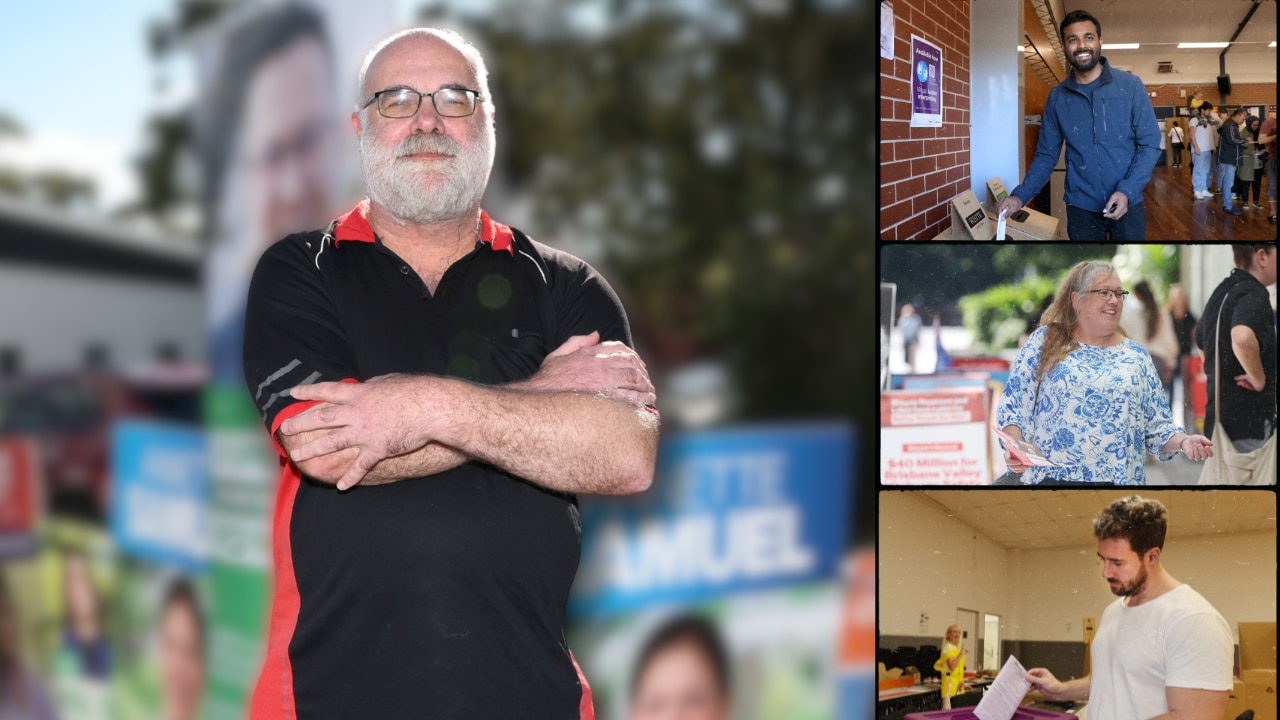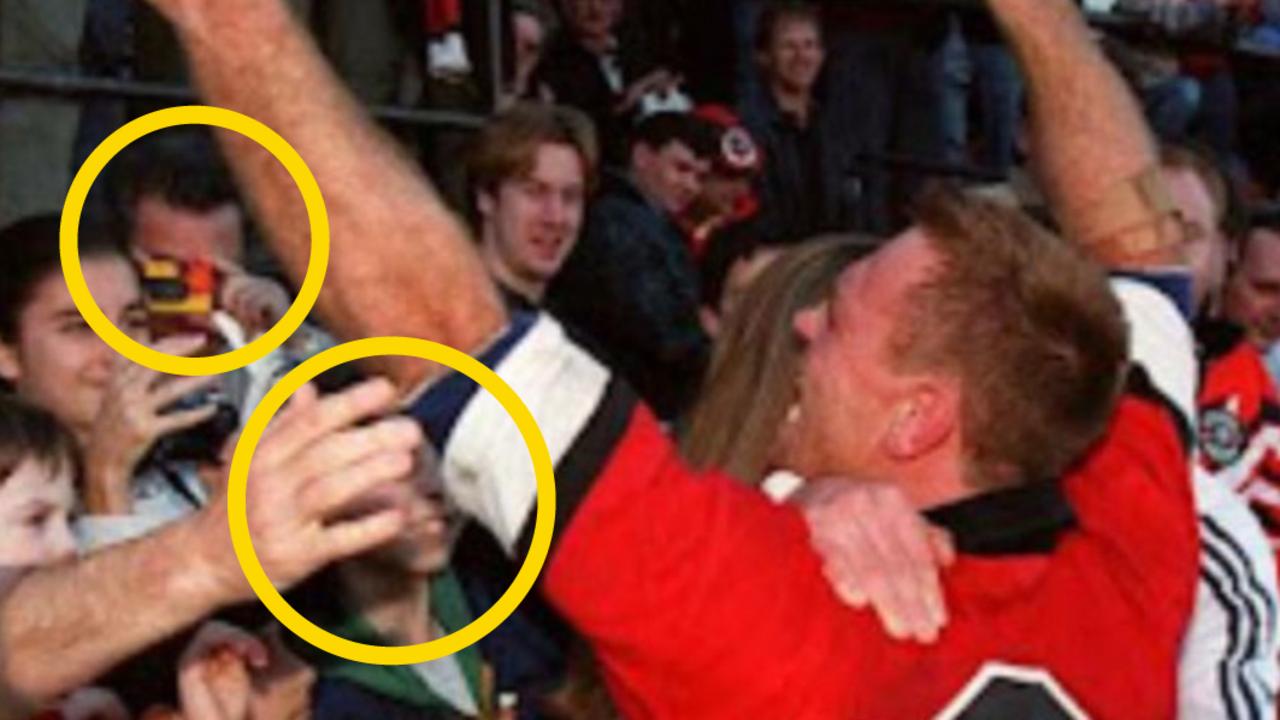Senior officer calls for powers to shut down festivals when public safety at risk
A senior police officer has called for legal powers to shut down music festivals when public safety is at risk, and for event hours to be restricted due to the deadly combination of drugs and overheating.
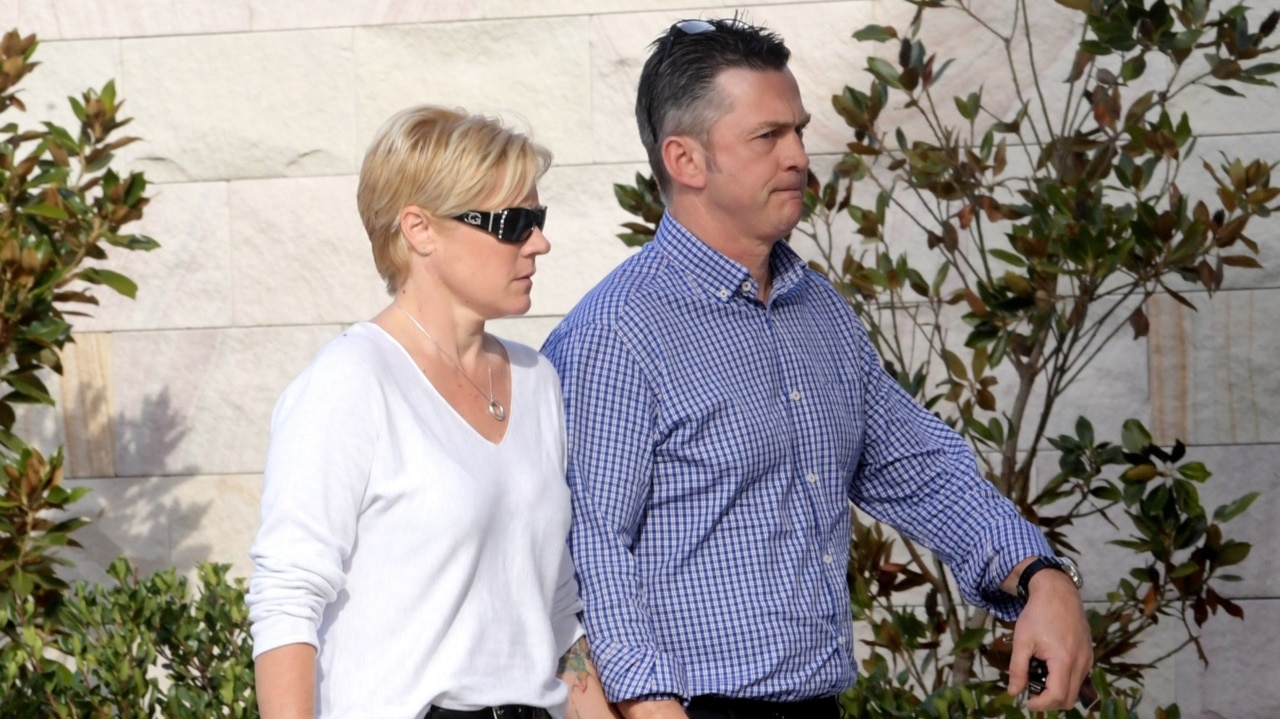
- Experts accused of skewing stats to support on pill testing
- Teen took 9 MDMA capsules before overdosing, court heard
THE senior police officer at Knockout Circuz, where MDMA overdose victim Nathan Tran collapsed and later died, called for legal powers to shut down festivals in NSW telling a court: “I’m not a fan … they take up an incredible amount of resources”.
Detective Chief Inspector Gus Viera today told deputy state coroner Harriet Grahame police should be granted legislative power to shut down “all festivals where public safety is at risk,” after it was heard private medical staff had run out of supplies to treat patrons at two equivalent events an hour before shutdown.
The commander of the region enforcement squad at Wetherill Park told the inquest: “Policing festivals is major … it takes up an incredible amount of resources.”

Asked by Ms Grahame to “be honest” about festivals, InspViera replied: “As a father of two daughters I wouldn’t let them go, I’m not a fan at all.”
Asked by counsel assisting the coroner Peggy Dwyer if he wanted legislative powers to support a senior police officer closing down an event where public safety is at risk, he answered: “Yes … that is my recommendation.
“I see no positive aspects for young people … they’re bad,” Insp Viera.
“I want to see restricted hours, anything with double digits is too long. Six to eight hours is enough, because of the combination of drugs and overheating,” he said.
“I’ve often said at stakeholder meetings, ‘Why do we need to hold these marathon events?’”
Insp Viera was prevented from revealing police strip-search protocols for festivals when solicitor for NSW Police James Emmett interjected, saying he was not clear what operational matters were in the public domain.

The inquest heard Operation Clinker launched to police Knockout Circuz at the Sydney Showground involved an event commander, a second commander, drug dogs, 30 user paid police and an operational support squad.
Asked by Australian Festivals Assocation lawyer Patrick Barry if the police operation was named after inferior music and reflected police attitude to festivals, Insp Viera said he had no control over its naming but added: “I shudder when I see some of those names.”
Later quizzed over positive aspects to festivals — young people socialising, meeting new people, interacting face-to-face and not using their phone screens, — Insp Viera said, “I suppose so, if you put it that way.”
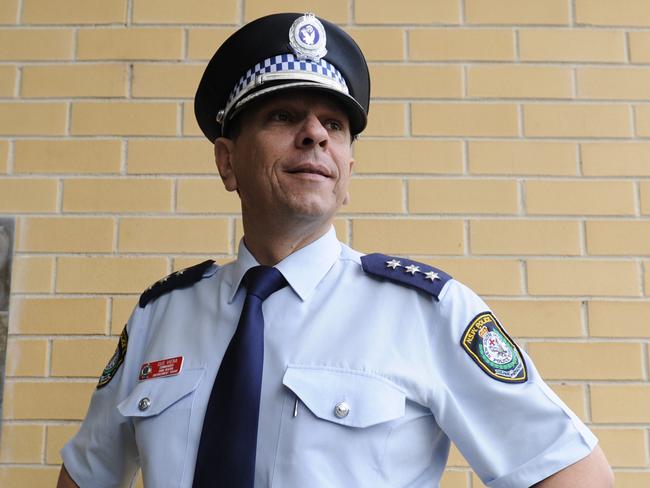
DCI told the court drug dogs were used at the 20 music festivals he had policed since 2010.
The December 16 2017 Knockout Circuz resulted in 298 searches and 69 legal actions, of which 55 were for possession of prohibitive drugs and six for supply.
“I always try to get as many dogs as I can for those (festival) operations to target supply and possession,” Insp Viera said.
“You can’t prioritise suppliers over persons in possessions as you don’t know what they have on them, they (dogs) are just milling around in the crowd.”
The court heard at 11pm, EMS private medical services boss Michael Hammond called for a meeting an hour before shutdown saying he had run out of supplies.
The court heard how Mr Hammond told police: “I bought enough stuff for two of these events and run out of everything, I’ve had four walk-ups (to the medical tent) in the last hour … I won’t be able to treat them.”

A NSW Ambulance paramedic called for resources from North Sydney to be moved to the festival with the decision to keep it going to avoid mass exodus.
CCTV vision tracked the agony and terror of Sydney teenager Nathan, 18, who slipped into unconsciousness, then later died, after taking four MDMA capsules.
At around 10.15pm he collapsed and was seen yelling and “freaking out” as four security officers surrounded him.
He was handcuffed and carried to the medical tent with a lethal temperature of 41 degrees and later transferred to Westmead Hospital. He went into cardiac arrest and died.
Co-ordinator of Danzewise NSW, which runs a government-funded harm reduction program, said one reveller recently took 11 MDMA capsules at a festival “because of fear.
“No one should be doing that because they’re so afraid (of police),“ Erica Franklin, 28, told the court.
“I understand why people want to shut them down but they can be a beautiful place for people to enjoy.
“They will go underground and there will be less support services available.
“By making them shorter, people will preload, we need to express ourselves and be young.”
The inquest is also looking into the deaths of Joseph Pham, Diana Nguyen, Joshua Tam, Alexandra Joss-King and Callum Brosnan.
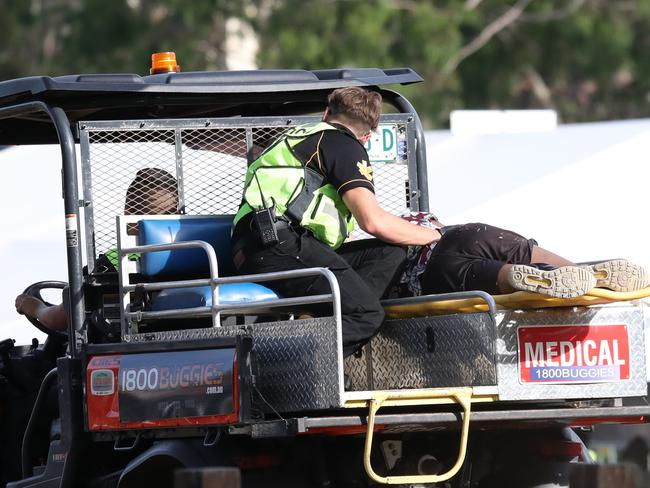
FOMO ORGANISERS STRUGGLED TO COOL REVELLERS
FOMO organisers scrambled a crew to Bunnings to buy fans, desperately needed to cool patrons thronging the chill-out zone in the 35 degree heat at the festival where a teenager died overdosing on MDMA.
The chaotic organisation of the Parramatta event was laid bare today, as operations manager Holly Gazel told the inquest into the death of Alexandra Ross-King that three ordered fans required for the rest area were delivered but never found.
Ms Gazel sent staff to the DIY warehouse to buy two for the zone where there was one fan, and one was later commandeered by the triage crew attending dehydrated and overheated revellers in the medical tent.
The inquest heard the main chill out area was “at capacity” between 1pm and 9pm.
Four free water stations were plumbed on to mains pumping uncooled water to thirsty revellers and “inadequate” shade was provided for the 11,388 revellers battling the heat, the inquest heard.
Chilled water bottles were sold in bars and tents.
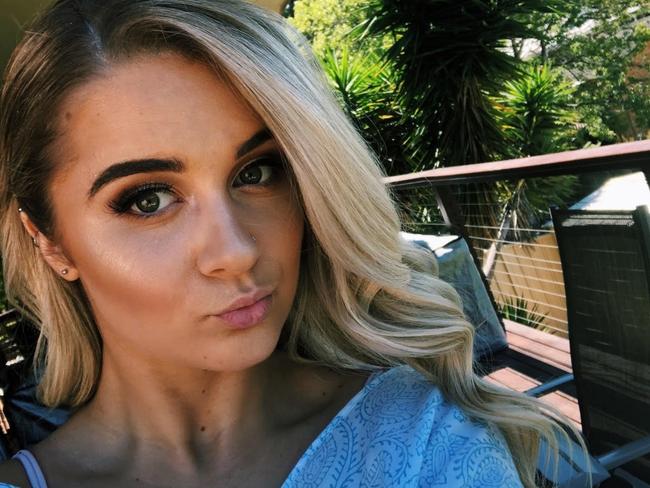
More news
$1 billion needed to fix NSW’s flammable cladding crisis
Instagram likes: Good for mental health, bad for talentless influencers
“To Alex’s family, we have been deeply affected by her passing, we’re so sorry for her loss and will do everything to ensure her legacy in the industry is a positive one,” contracted event manager Ms Gazel told the inquest.
“We sent staff to Bunnings to buy fans required for the chill-out tent, three fans were hired and had been dropped off, but between them being delivered and dropped off, they went missing, we did not know where they had gone,” she said.
“There was one already there, we bought two, triage took one as they did not have enough.
“There needs to be better co-ordination in relation to cooling at the festival.”
Part-time worker Alexandra, 19, died taking three MDMA capsules mixed with alcohol and collapsed under a tree in the chill-out zone with a lethal body temperature of 42 degrees.
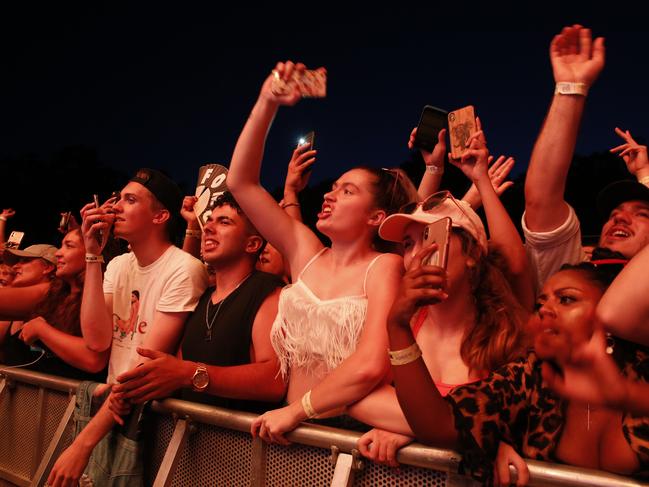
Her friends tried to fan her but she fell screaming incoherently and was rushed to the medical tent by friends and a medical volunteer.
A four-hour battle to resuscitate her at Sydney’s Westmead Hospital failed and she was pronounced dead a day later on January 12.
She died of complications caused by MDMA toxicity.
The inquest heard how Red Cross save-a-mate co-ordinator Jessica Surkitt complained the chill-out zones was inadequately equipped with fans she had listed in her approved safety plan.
“It’s inevitable young people take in illicit drugs a festivals,” Ms Gazel of Holgaz Pty Ltd said.
Asked by counsel assisting the coroner Peggy Dwyer if there was enough shaded area, Ms Gazel replied: “I agree shaded area was in inadequate supply.
“The main stage was not shaded, it was a sloping amphitheatre, there was shade to a large peripheral area.
“But we agree shade could be improved next year for the festival, we will be putting in more man-made areas in the shade and looking at how the hydration stations can be chilled.”
Pharmaceutical expert at Westmead Hospital Jonathan Brett called for more drug rovers and pill checking to prevent further festival deaths.
“With contamination it’s unclear how effective drug checking is but it’s significantly important,” he could the court.
“PMA is a another drug mis-sold as MDMA, it’s effects are delayed and users take more but it’s more toxic and severe,” Dr Brett said.
“Drug checking engages people in drug messaging. Other countries have it but we are engaged in a drugs war and that is preventing us implementing harm minimisation strategies and deaths will continue.
“We didn’t think about safety enough before at festivals. We need to talk about police presence and how it influences risk behaviour.”
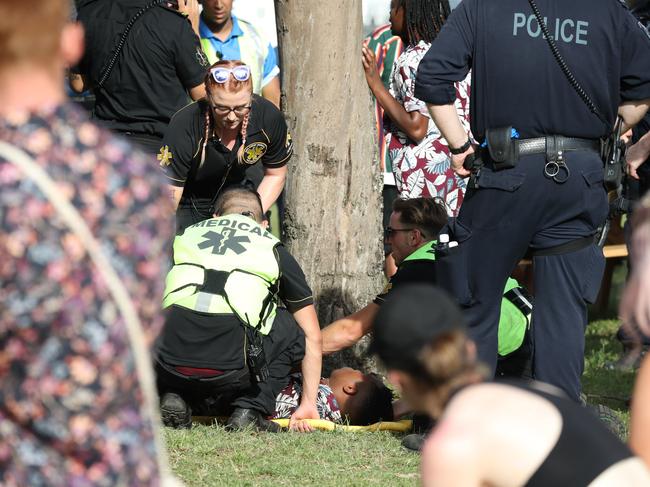
MDMA penetrated the clubbing scene in the 80s and more recently has been used to treat PTSD in the States.
Originally used as an appetite suppressant, it went on to be used in the 50s during the Cold War between Russians and Americans during interrogations.
“It creates a sense of safety and empathy and allows people to process difficult thoughts and emotions,” Dr Brett said.
“Addiction rate is low, people don’t tend to use it on a daily basis.
“It’s a chemical phenomenon not a social phenomenon, how it acts on the nervous system results in it not being addictive.
“You get tolerance after a repeated doses, the body adapts and decreases concentration of serotonin,” Dr Brett said.

